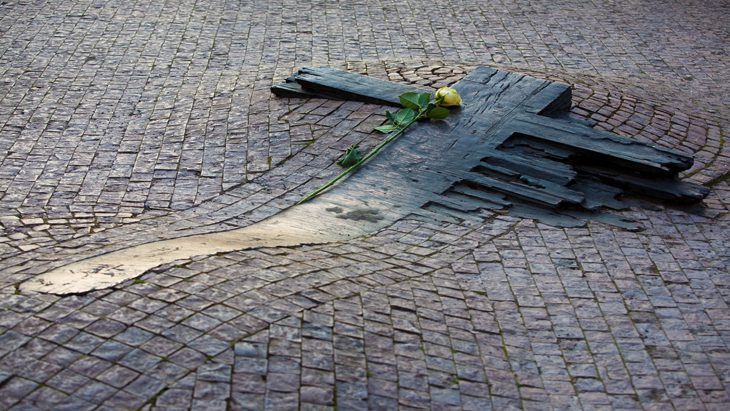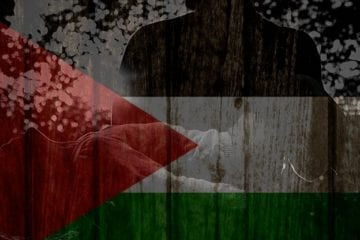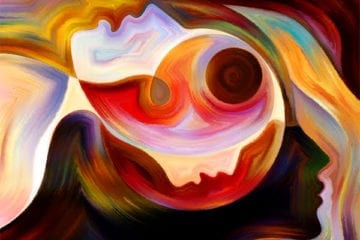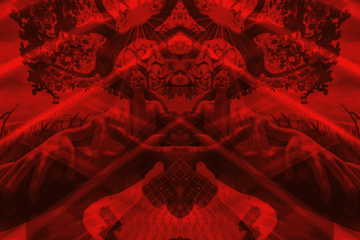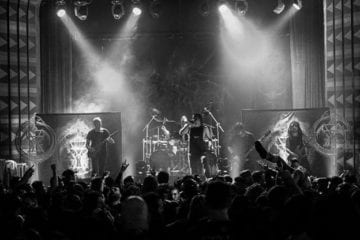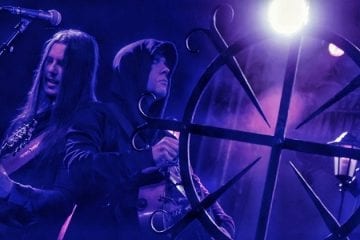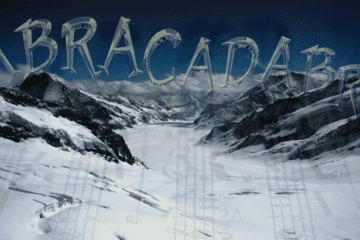History has a strange relationship with society, it looks like a love game between two partners trying to impose themselves on each other.
In the end, however, they end up connecting in a magical way and being one supplement to the other.
Every state system that tries to intervene in society is essentially an attempt to distort the history of a place – populace.
The system always wants to be imposed on history, but history overturns the system for the sake of the truth of society.
This truth the musicians try to pass on through their songs, drawing inspiration from history – society.
Just like in the case of Lamb of God and the song “Torches“.
The story of this song should be known to the friends of Rock / Metal.
The inspiration
A visit by frontman Randy Blythe to Jan Palach’s tomb was the occasion for him to seek the truth.
Jan Palach is not a simple case of a man in… history!
He was (self) burned alive in Wenceslas Square in Prague in 1969 in protest of the occupation of Czechoslovakia by Soviet (then) forces.
“This guy was not mentally ill. He was very upset that things had gotten to the point where he wanted to wake people up from their resignation and it worked,” Blythe told Billboard magazine.
“He set himself on fire and became a symbol of free thought and resentment during the rest of the communist era there, which was quite brutal for the Czechs.”
The search begins…
“It made me think, my God, how upset you must be about something to set yourself on fire.
I did more research on political motives for self-immolation,” Blythe said.
Who was Jan Palach?
Jan Palach, a 20-year-old student, had committed to set himself on fire in the middle of a political protest on the streets of Czechoslovakia.
Of course, no one took his “threat” seriously, which he finally carried out on January 16, 1969.
He walked to the main square next to the National Museum, poured himself with gas, and lit a match.
As the flames tore his clothes and began to burn his flesh, Palach could not foresee the enormous impact his act had.
What history could record as a futile act became a life-changing action for an entire generation.
A quiet philosophy student without a history of political activism set himself on fire five months after the Soviet Union invaded his country.
This dramatic protest by Palach, however, it was not about the Soviet forces!
It was a reaction to his compatriots, who seemed to accept the occupation without resistance.
After the euphoria of 1968, people began to be oppressed and Palach wanted to shake them up, says Zuzana Bluh, who organized his funeral.
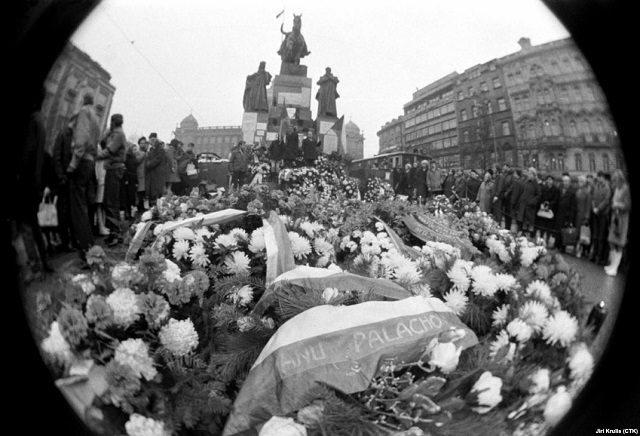
Example… of protest
His action set an example for Buddhist monks in Saigon who were protesting against the Vietnam War.
In 1990, Palach’s practice was copied by Indian students who reacted to the rating system for admission to universities.
In Britain in 1993, 48-year-old Graham Bamford set himself on fire outside the House of Commons to protest for the atrocities of Bosnia.
None of them had the effect of Palach, his act was a punch in society.
In a note he left, Palach wrote that he wanted to “wake up the people of our country.”
For several days, his body was laying in Charles University hall, deliberately placed near the statue of religious reformer Jan Hus.
Jan Hus, burned at the stake in 1415 asking for the Bible to be read into the Czech language.
On the day of Palach’s funeral, half a million people went out to the streets, creating the largest demonstration since the invasion.
A monument to his death stands today in Wenceslas Square, but he was not the only one to set himself on fire.
Palach was part of a suicide squad formed by students and others willing to sacrifice themselves in protest of the invasion.
Most did not carry out their self-enkindle, but Jan Zajic, a friend of Palach’s, did.
The two students are remembered with a construction in front of the National Museum next to the entrance of the University’s School of Philosophy, where Palach was a student.
A brass marks the spot where Palach was set on fire, followed by Zajic a month later.
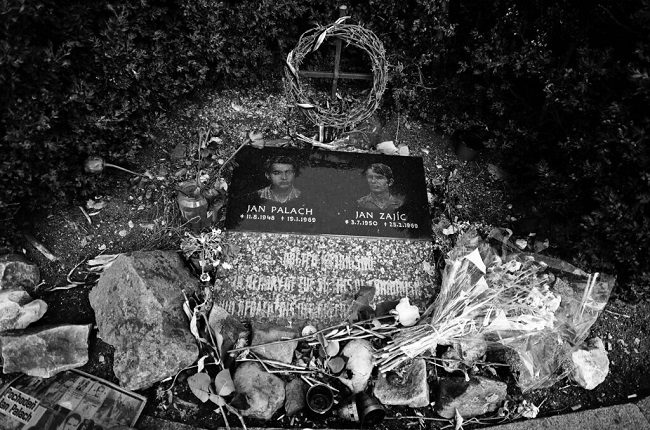
The letter…
Palach left behind a letter to his family …
“Mother, father, brother, little sister! When you read this letter, I will already be dead or close to death.
I know what a severe blow my act will be to you, but don’t be angry at me. Unfortunately, we are not alone in this world.
I am not doing this because I would be tired by life, on the contrary, because I cherish it too much.
Hopefully, my act will make life better. I know the price of life and I know it is the most precious thing.
But I want a lot for you, for everyone, so I have to pay a lot. Do not lose your heart after my sacrifice, tell Jacek to study harder and Marta too.
You must never accept injustice, be it in any form, my death will bind you. I am sorry that I will never see you or that, which I loved so much.
Please forgive me that I fought with you so much.
Do not let them make me a madman.
Say hi to the boys, the river and the forest.”
Lamb of God – Torches
Randy Blythe immediately realized that he was not a crazy man, on the contrary, he was a man who resisted.
In a horrible way, but he did it and he certainly woke up the society and an entire generation.
This story and the search for the truth carried out by the frontman of Lamb of God was enough so to write:
“The soul of the nation slowly withers (in the howl of the empty wind) …
… You’re all on the brink of compromise (as the steel in my nerve sets in)
… Oppression, injustice, self-immolation
… Some run screaming
Some sit silently
An agonizing gift of charred humanity
My footsteps
They will echo through eternity …”
History is passed on to the next generations through music, not allowing oblivion to intervene with repressive forces…


